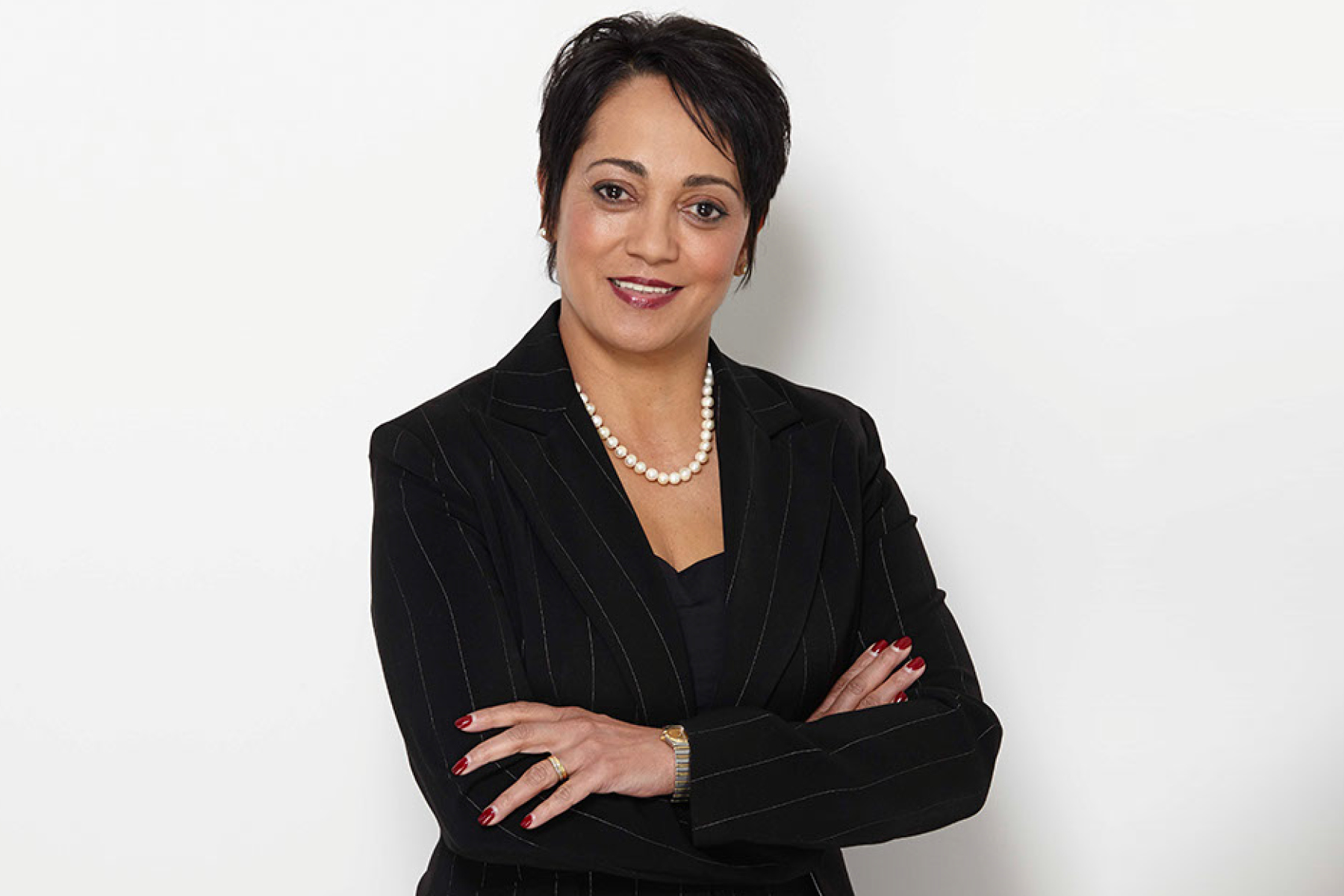By Faryn Pearson, MasterStart Chief Innovation Officer
On International Women’s Day on 8 March, MasterStart kicked off an initiative to recognise, celebrate and promote women leaders in South Africa. The initiative is taking the form of a series of one on one interviews, with some of South Africa’s most inspiring women.
In this interview, Dr Shirley Zinn chats about inclusion, empowerment, and her personal journey from a childhood of poverty in apartheid-era South Africa to her position as non-executive Director of Sanlam.
Growing up in the Cape Flats, Dr Zinn never imagined receiving a bursary to study at the University of the Western Cape, nor the opportunity to study at Harvard University. During her career, she developed a pedagogy involving participative and collaborative learning and inclusion, which encouraged students to return to class and has since been part of enabling businesses to be inclusive.
You’ve succeeded against the odds, as your book title – Swimming Upstream – suggests. Many women leaders have had to go it alone. How can women leaders and aspiring leaders support and assist each other to succeed?
This requires a mindset shift because we always want to be in control but it’s okay to let others play a role. We can complement each other in the spirit of growth; to heal the hurt and the pain from the past and support and embrace each other with all our flaws and vulnerabilities. If we can do that, we would have come a long way. Yes, women are still being paid less and are given fewer resources and opportunities. Discrimination cannot be swept under the carpet, but I do believe we can address it. There’s tremendous work to do to begin healing because where we are now is not healthy. We have to ask, “What kind of society do we want to build?”. We don’t have forever; every minute is finite and what we can do is use every moment to make a difference.
Diversity and particularly gender equality are characterised by pockets of excellence amongst a swathe of challenges. Why is it like this? What are the complexities and how can these be addressed?
If there’s only one seat at the table, many women and people of colour think, “I must be everything”. Many women experience this dynamic when they enter boardrooms and take on so much so I want to ask, “How do we create safe and secure environments both at home and at work for individuals to perform at levels that we expect all people to perform?” We have patriarchy and racism at the head of many companies that are both counter-productive. We need to create this humane culture with empathetic and compassionate leaders. There’s nothing worse than not being heard and not feeling that they belong, so for women in race and gender dynamics, we need to be allies for all women, understand the systemic barriers, and be advocates in shaping the narrative of how we can model a new system. Women can also be oppressors by stepping on other women so we need to bat for other women too. We must all work together towards better inclusion.
Male allyship is critical to changing this paradigm, what does it look like and how can leaders foster this in their organisations?
I think there’s a lot of power in shifting the way we think because it’s all connected to deeply inherent values that inform our thinking, our behaviours, our ideologies. Looking at these values helps us understand what is ethical or not. We are required to tick boxes but you can still be completely untransformed because we haven’t created true inclusion. We need men to personify humanness that currently isn’t there. They need to understand that patriarchy runs deep but how can do away with it and unlock all human potential? To foster the leadership we need, we need to ask, “What is the purpose of business in society?” It can’t just be about profitability. It has to be about our sustainability as human beings and understand our own conscious and unconscious biases. It’s important for men – and women – to think about the spirit of the constitution and ask how we build a better life for all and not just accumulate for ourselves.
Transformation can be driven from anywhere, we need to encourage people to lead from where they are. What does this look like?
If anything, COVID has taught us that technology cannot replace employees. Humans have critical thinking, problem-solving, communication, and negotiation. Transformation is recognising how vital employees are and to create a sustainable company with lifelong learning, and putting people at the centre is key to transformation.
There’s a body of research emerging around “the future is human” and the concept of building human-inclusive cultures and dismantling oppressive spaces in the workplace. Transformation includes asking what kind of work practices we need to put in place, the technology we need to harness, how to rescale our talents to make sure that we stay relevant, how we create safe and secure environments at home and at work, and how we care more about our people who have suffered personal loss or been through a lot.
*Check out the latest edition of the Public Sector Leaders publication here.
For enquiries, regarding being profiled or showcased in the next edition of the Public Sector Leaders publication, please contact National Project Manager, Emlyn Dunn:
Telephone: 086 000 9590 | Mobile: 072 126 3962 | e-Mail: emlyn.dunn@topco.co.za

